In Chia’s experiments, professional musicians learn about two pianists whose biographies are identical in terms of prior achievements. The subjects[…]
Read more

In Chia’s experiments, professional musicians learn about two pianists whose biographies are identical in terms of prior achievements. The subjects[…]
Read more
According to one estimate, about 13–20 percent of children in the contemporary United States and 9–17 percent in contemporary Germany[…]
Read more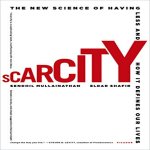
1. Now you might think that the hungry subjects might do worse, being tired and unfocused from their hunger. But[…]
Read more
High levels of stress increased the risk of dying by 43 percent. But—and this is what got my attention—that increased[…]
Read more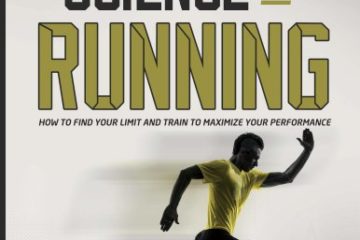
In looking at a race, in terms of the dominant energy system, the crossover point where aerobic energy is the[…]
Read more
Accidentally step on your friend’s foot, and it will hurt. But let your friend believe that you intentionally stepped on[…]
Read more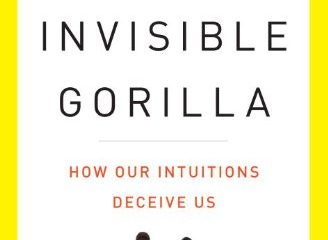
Experienced basketball players are more likely to notice the gorilla in the original basketball-passing video than are novice basketball players.[…]
Read more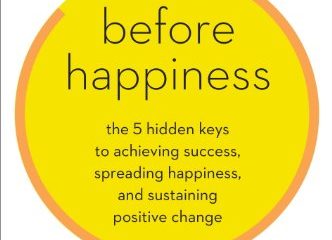
By simply showing employees videos about the more positive (and again, real) effects of stress on the body, we observed[…]
Read more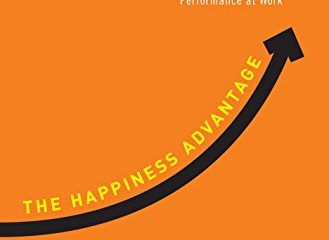
through mere practice, each monkey had literally expanded the section of its brain necessary for accomplishing this task (1) Those[…]
Read more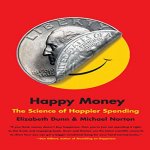
Immediately after settling in to their new abodes, these movers reported being much more satisfied with their new homes than[…]
Read more